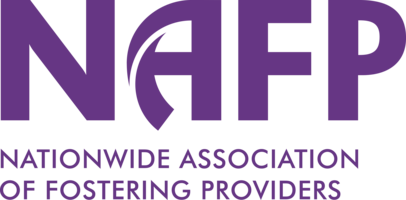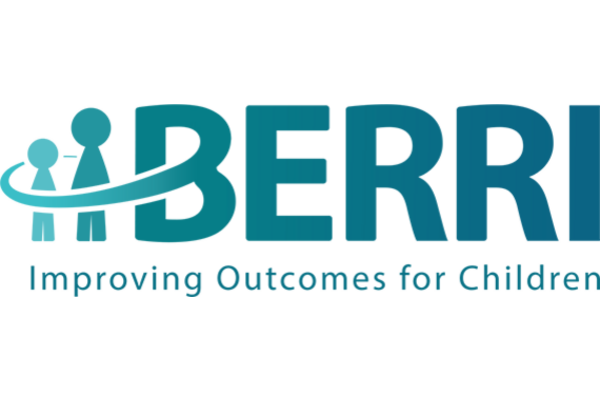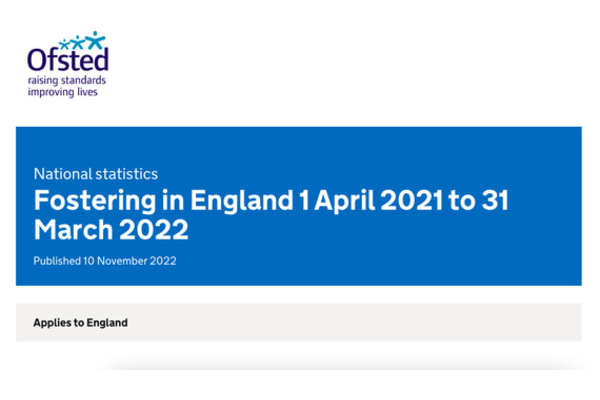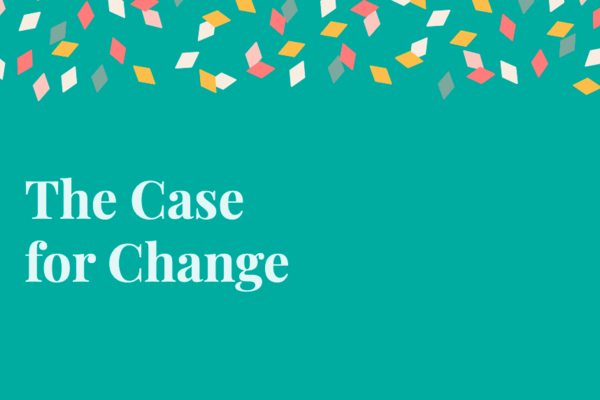Haringey has recently embraced a highly successful approach to supporting children, providers and social work teams to support change in how we identify and maintain fostering placements for children who are currently placed in residential care.
Haringey has ensured a change in practice is captured within this level of service and is using a model designed to improve young peoples strengths and resilience in a way which is supportive of them as individuals. From the very offset, we are capturing each child’s views, wishes, their dreams and desires to support their own growth and development. Taking a strengths-based approach involves moving away from a focus on children’s deficits and therefore represents a paradigm shift. We are using assessment tools and practitioner expertise, to shift away from a model of social care delivery which focuses primarily on children’s behaviours, complexities and difficulties to one which gives an understanding to why children may present these issues so that all involved can work closely with the child to help them find workable solutions and alternative that actually work for them. As with all good interventions, the active ingredient is empathy, and so the social work team, foster carer and provider must work closely in partnership to spend time understanding the child’s difficulties and problems and acknowledge vulnerabilities and losses. This process builds rapport and engagement and is experienced by children, as genuinely helpful and supportive.
Haringey has recently introduced a new way of completing the child’s profile and has seen a number of profiles written by children and young people. This is always validated by the social work practitioner and now forms part of the referral process. We ask children and young people to describe themselves through the eyes of their best friend so that we can pick up “key constructs” about how they see their world through their own eyes. This then enables the social workers to capture their strengths and aspirations which can easily be built upon to improve each child’s confidence and self-esteem. Including the child in this process is paramount to its success as it gives them ownership as opposed a set of instructions but also allows for learning about how effective solutions, derived by themselves can actually help.
Haringey has transitioned 20 children from children's homes into fostering and reunification and, so far, there has not been a single breakdown. Much of this can be attributed to involving the child, the fostering agency and foster carers in the planning of each placement. Haringey has also ensured that each partner is involved following successful matching, before any placement is made and has included CAMHS, SEN and health to ensure all information is shared with the agency and foster carer at multi agency level. A quote from an agency stated “the meetings are so informative, it made us feel like we know the child and have been able to find the strategies to support the placement effectively”.
Our vision is to support the IFA market and foster carers to develop new ways of working within service delivery which are shown to offer placement stability, stakeholder involvement, better ownership and empowering the children, foster carers and providers to manage risk more positively. Haringey is also welcoming IFA’s and foster carers to engage in training delivered by the local authority to support the opportunity for foster carers and IFA’s to feel confident and supported to accept placement referrals for this level of service. We are, effectively commissioning services based on each child’s individual need as children’s needs differ significantly and have many, many variables which, cannot be captured with Framework contracts and DPV/DPS.







